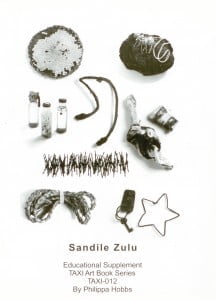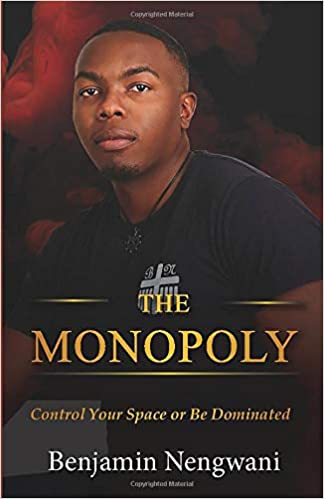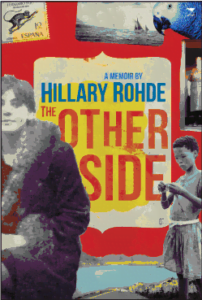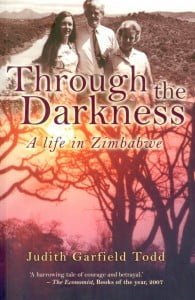R150Through the Darkness: A Life In Zimbabwe is a book long anticipated. Judith Todd’s chronicle of Mugabe’s crimes against his people appals, yet the life of the subtitle has been a high-spirited crusade for justice, democracy and freedom of the press.
Firmly attached to the progressive values of her parents Grace and Garfield Todd erstwhile prime minister of colonial Southern Rhodesia benevolent paternalists engaged in ranching, healing, teaching and politicking in south-west Zimbabwe since 1934, their daughter has proven to be cut from the same cloth.
She was exiled in 1972 by the late Ian Smith, Zimbabwe’s last white prime minister, and stripped of her citizenship by the Mugabe government in 2003. Todd now holds New Zealand citizenship and lives in Cape Town, South Africa.
When Todd returned to Zimbabwe from exile in Britain shortly before independence in 1980, and soon realised that, far from being the solution to Zimbabwe’s ills, Robert Mugabe and his ruling Zanu (PF) party were increasingly becoming the problem. She says when asked what she thinks went wrong in the country that “it’s almost as if Mugabe is angry he is mortal and wants everyone else to die before he does.”
As the country slid into economic and social decline, Todd had a front-row view from her position as director of a local development agency. Over the first 25 years of Mugabe’s rule, she kept journals, notes and copies of letters and documents from which she has compiled an intensely personal account of life in Zimbabwe. These make up Through the Darkness: A Life in Zimbabwe.
Todd’s narrative allows her to record slowly, becoming aware of how ruthlessly the party will enforce its authority and how totally it will contain and then eliminate everything that it regards as dissidence. Only by using the narrative method that she has used is Todd able to convey not only her slow disillusionment but to speak with authority about what is happening. Her authority derives from her presence, from the fact that she records nothing that she has not directly experienced.













